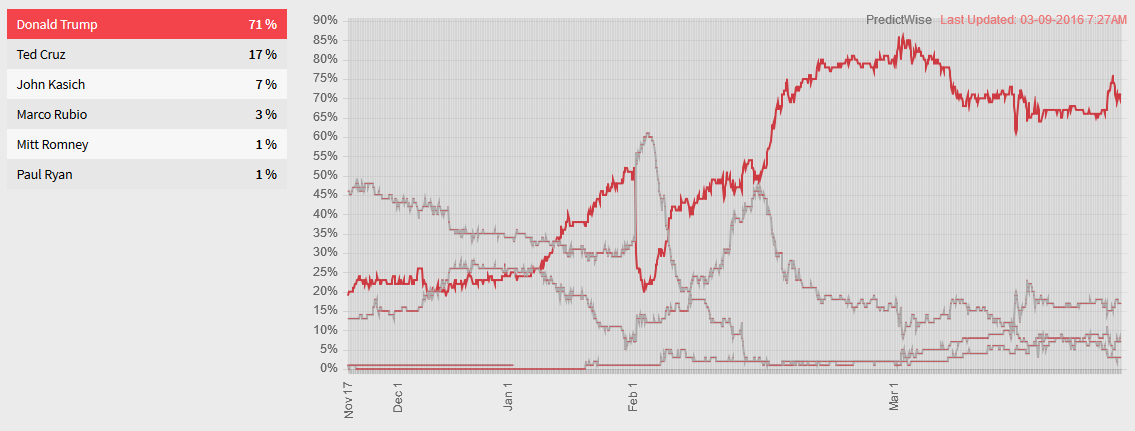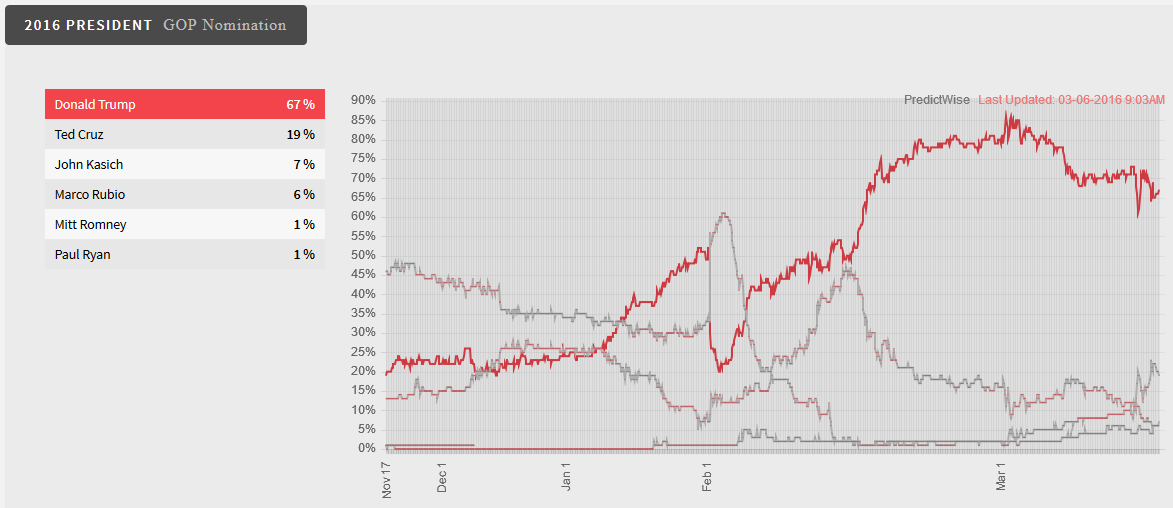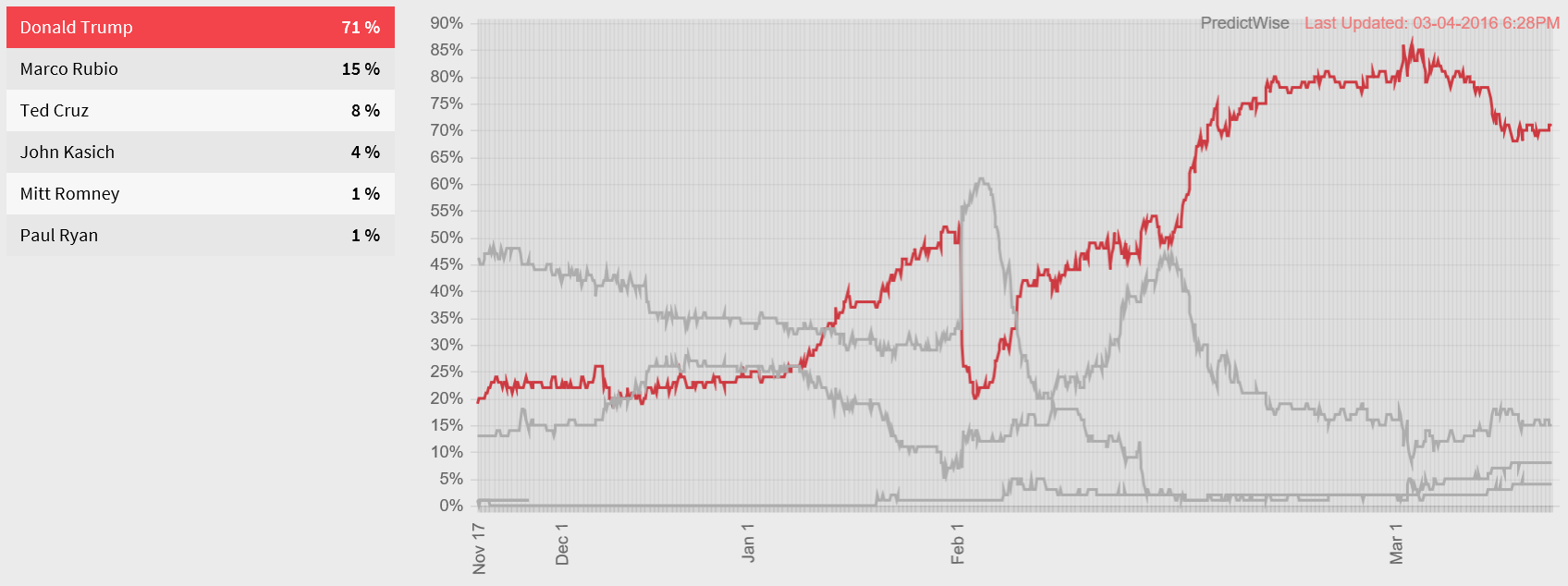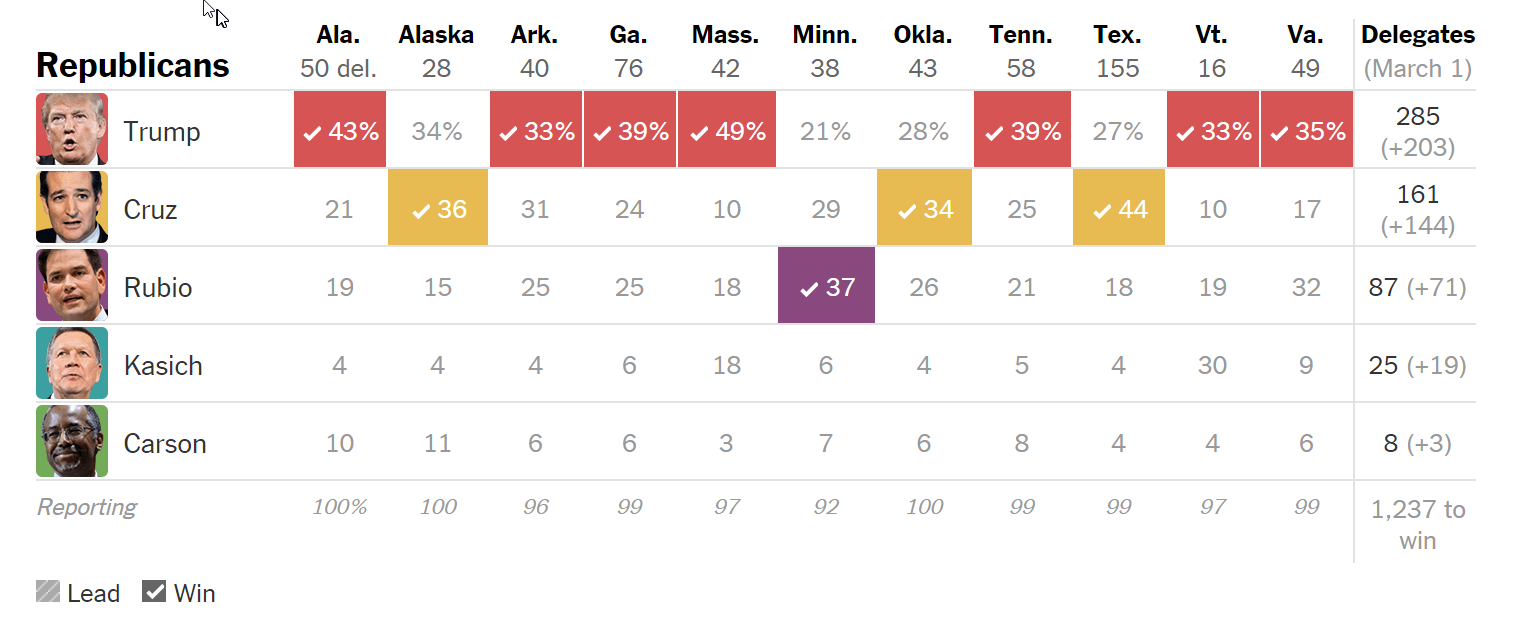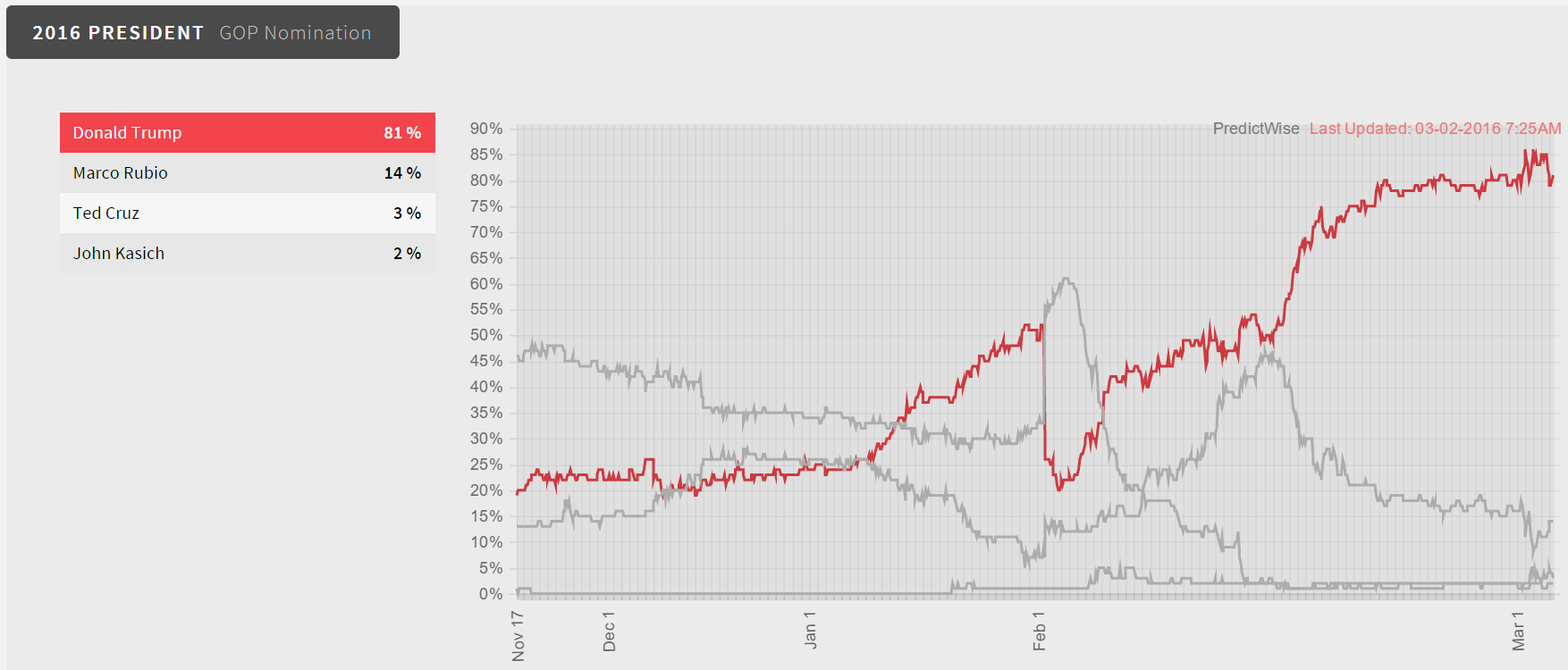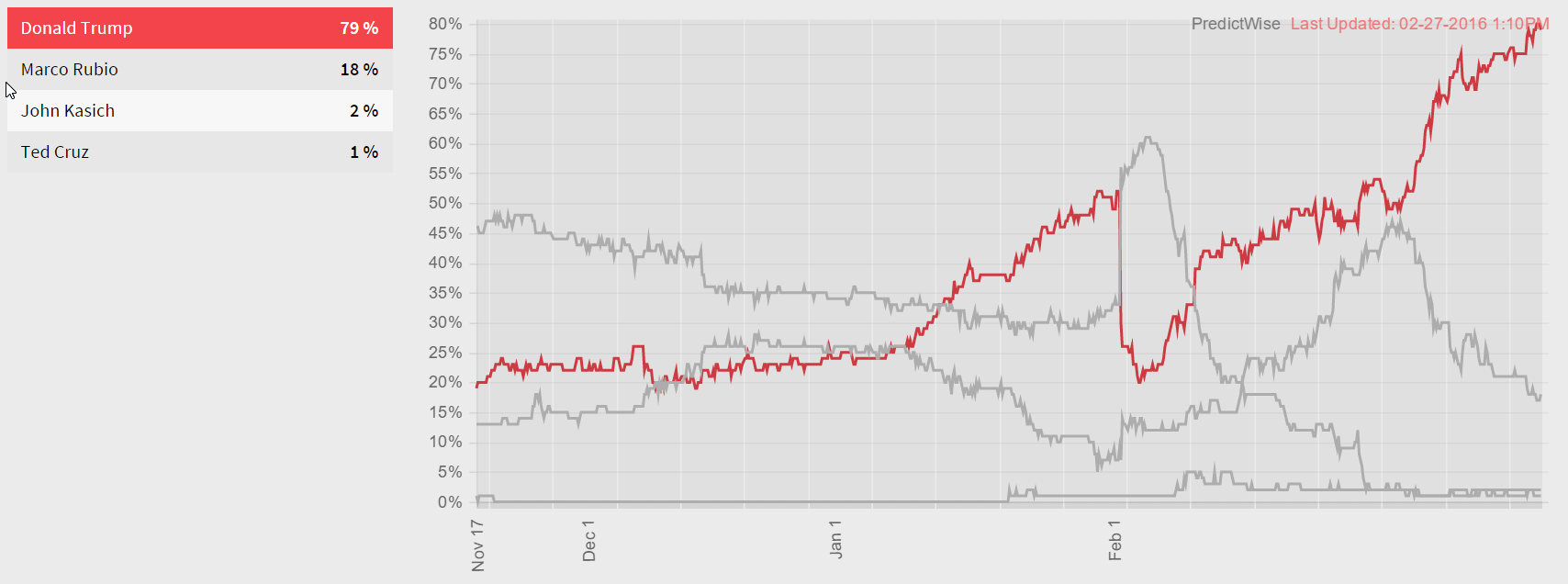Talking Politics at Work
by Nick V. Flor • March 9, 2016 • @ProfessorF
Talking politics at work can be dangerous, but these tips will keep you safe
“Nick, I’m disappointed. I thought you were a smart person.” – Co-worker after finding out our political views differed.
“He should be FIRED or at least reported to the Office of Equal Opportunity.” – A colleague after another colleague told her that she shouldn’t decide on President based on gender or race.
Yes, those are actual quotes (to the best of my memory). From my university, no less. And lest I be misunderstood, let me be clear about my number one piece of advice regarding “talking politics at work”—Don’t! Especially if you’re a teacher in a classroom. As a teacher, your goal should be to teach students how to think, not what to think. So, I find it particularly problematic when professors pontificate politics from their pedagogy!
But if you’re aware of the risks and still want to discuss politics at work, here are some tips:
Tip #1: Don’t
I know, I said this already. But it’s important to repeat myself because you have to know the risks, which are: (a) your co-workers now think you’re either an idiot, an -ist, certainly -phobic, and perhaps even the devil himself! or (b) your company fires you!
But again if you must, here are some tips:
Tip #2: Make your goal The Truth
When arguing about politics, you’re usually arguing about political issues like Global Warming or Illegal Immigration or Free College. Your goal should be to discover The Truth about these issues, not to stubbornly defend your position to the end.
Tip #3: Understand the type of person you’re arguing with: Sports Fan, Virtue Signaller, Feeler, or Fellow Truth Seeker
You’ll notice that most people that you argue politics with either have a sports-fan mentality or they’re virtue signaling:
Sports-Fan Mentality. These people have decided that the Democrats or Republicans (or whatever political party) are “their team” and the politicians are like their favorite athletes. For these people, their team can do no wrong, despite any fouls you may point out.
Virtue Signaling. Social media has given rise to a weird form of bragging: “virtue signaling”. This is showing off (signaling), usually on social media, how good and open-minded (virtuous!) you are to the world. To these people the truth is only relevant if it allows them to brag on Facebook about what a GOMP (Good Open-Minded Person they are).
Feeler. This is a person that puts feelings over facts. If they feel something is true, it must be true. All they need is one anecdote to validate their feeling. Once they have that anecdote, you can present them with all the facts in the world, but facts will never trump their feelings on the issue.
You can’t arrive at The Truth if you’re arguing with a Sports Fan, Virtue Signaller, or a Feeler. So politely disagree, be prepared to say why you disagree, and move on to another topic.
Tip #4: Don’t get mad, investigate: ask for data & sources, demand logic
But if you are dealing with a fellow truth seeker, here’s my first tip: Don’t get mad.
It’s easy to get mad when someone disagrees with you on a political issue, like Global Warming. But remember that political issues are complex and there’s rarely a single correct answer like there is in math.
For example, if arguing the ridiculousness of Global Warming, you may point out that the polar ice caps have grown, and they’ll counter with “but the ice layer is much thinner”, which may seem like a ridiculous claim.
But it may be true, and you owe it to The Truth to find out. So don’t get mad. Ask for proof–data, sources, anything that will help you discover the truth.
Tip #5: Disagree Agreeably
If you can’t agree on something, then make it clear you disagree but that you’ll take their position seriously and look into it. Then actually look into it. Who knows? You may be wrong in which case you’ll learn something new, and you’ll have more of the truth on your side the next time you argue politics.
Postscript: These are my popular tips on arguing politics. They’re based on a more extensive theory I have, based on an opponent’s personal philosophy: metaphysics, epistemology, ethics, politics, and aesthetics.

